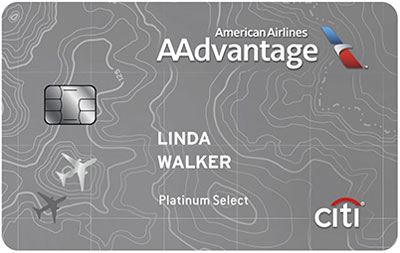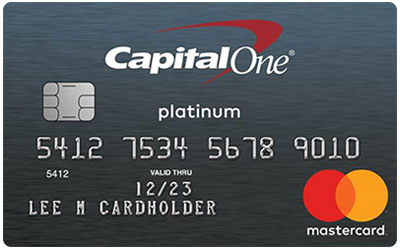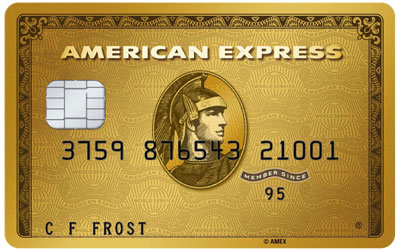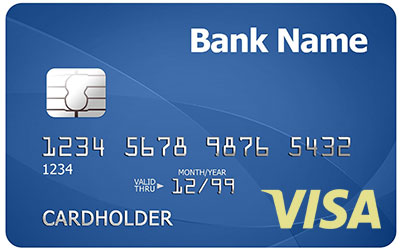How many times did you ask yourself this question while standing at the rent-a-car counter? Uncertainty hurts, so let’s dive into the details.
An additional and usually expensive insurance offered by car rental company may set you back between $8 and up to $50 per day; therefore credit card rental car insurance plans are a great benefit. With credit card coverage you do not need to pay a deductible in case of a loss, and with primary credit card coverage, your personal insurance premium stays unaffected because your individual insurance provider does not have to pay out the claim.
Top Ten Considerations:
1. Primary vs. Secondary Coverage
Check if your credit card offers primary or secondary coverage, this will help you determine if you should consider an additional coverage offered by the rental company.
A) Primary coverage will apply before your personal car insurance and will cover full damages due to collision or theft of most rental cars. Benefits will apply if your vehicle is lost, stolen or damaged.
B) Many credit cards offer only secondary rental insurance. It kicks in after your personal car insurance company pays out for the claim up to the limits of your policy. The credit card will handle the rest of the money that your personal car insurance won’t pay (deductible for example).
C) Most secondary credit card policies automatically become primary coverage if you are renting a car outside the US and your personal car insurance policy will not cover you in that country. Also, if you don’t own a car (and don’t carry car insurance), most secondary coverage plans become primary as well.
Examples of Cards and Coverages:
2. No Liability Coverage
Credit card covers only rented vehicle. Coverage does not provide liability insurance if you cause property damage or injuries to others. If you do not carry a personal auto policy, you have to purchase the liability coverage through the rental place. Credit cards offering primary coverage may cover injuries to yourself and your passengers up to the specified limits.
3. Decline the Car Rental Company’s Coverage
To use the coverage provided by your credit card, you must decline the auto rental company’s collision damage waiver (CDW/LDW) option or similar provision.
4. Pay with the Credit Card
If you decide to depend on your credit card insurance, you must charge the entire rental expense on that credit card to be entitled to the coverage.
5. Loss of Personal Items
In the case of a theft, credit card policies offering secondary coverage will not cover personal items stolen from the vehicle – you should rely on your homeowners or renters insurance instead. Credit cards offering primary coverage may cover stolen personal items up to the specified limits.
6. Be the Primary Driver
As a primary driver make sure to have your name on the credit card that pays for the rental car. Some cards will cover extra drivers as long as their name is listed on the rental car agreement (most likely you’ll need to pay extra for an additional driver).
7. Not All Cars Will Be Covered
Exotic, off-road, antique or the super-luxury cars may not be covered by your credit card insurance. Call customer service to check what car models are excluded before deciding on coverage options.
8. Time Limits on the Coverage
If you’re traveling within the United States, you will most likely have a 15-day coverage limit. If you’re overseas, you may have up to 31 days of coverage. If you’re planning a longer vacation, you may avoid this limitation by renting a different car before the time limit hits in.
9. Some Countries are Excluded
Certain countries, like Ireland, Israel or Jamaica, are often excluded from international coverage. Check with your credit card issuer.
10. Read the Fine Print
Always read the fine print or contact your credit card travel representative to make sure you get the coverage you expect. You can’t blame a credit card company for denying coverage if you did not comply with listed conditions or requirements.
Remember, if you carry personal auto insurance, it will usually extend to your rental vehicle. It is always recommended to consult your current provider to confirm what is covered and to what limits. Insurance coverage offered by car rental company gives you extra protection but is not mandatory and sometimes redundant.
Always check what protection or limits your credit card issuer offers.
Bon voyage!
Are you OVERPAYING your insurance?
Let’s check; it doesn’t cost anything!
Related posts
Prevent Frozen Pipes and Water Damage
Winter is coming! When water begins to freeze, it expands. This can cause plastic and metal pipes to burst, likely leading to significant water damage to your home.
8 Ways to Lower Your Auto Insurance Rate
It seems that your auto insurance rates always go up and there is little you can do about it. In fact, you have some control over your premium. Here’s what you can do to pay less.
Auto Insurance Fraud
Insurance fraud is one of the largest crimes in the US. Here are some most common examples of car insurance frauds…
Get started online
Give us 24 hours and we'll give you the price!
PHONE
ADDRESS
258 DAYTON AVENUE
CLIFTON, NJ 07011
Serving New Jersey







